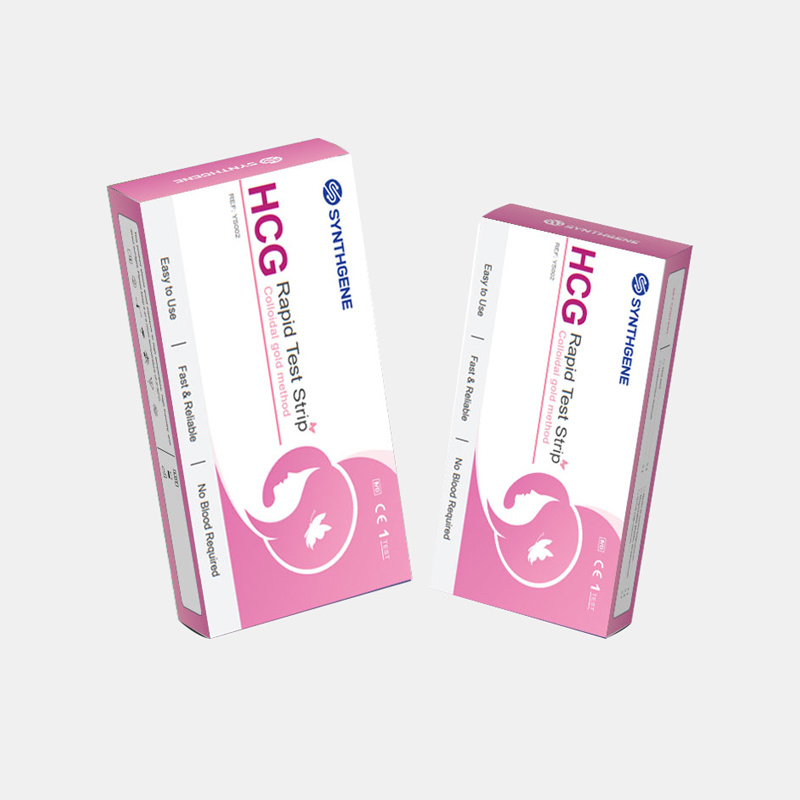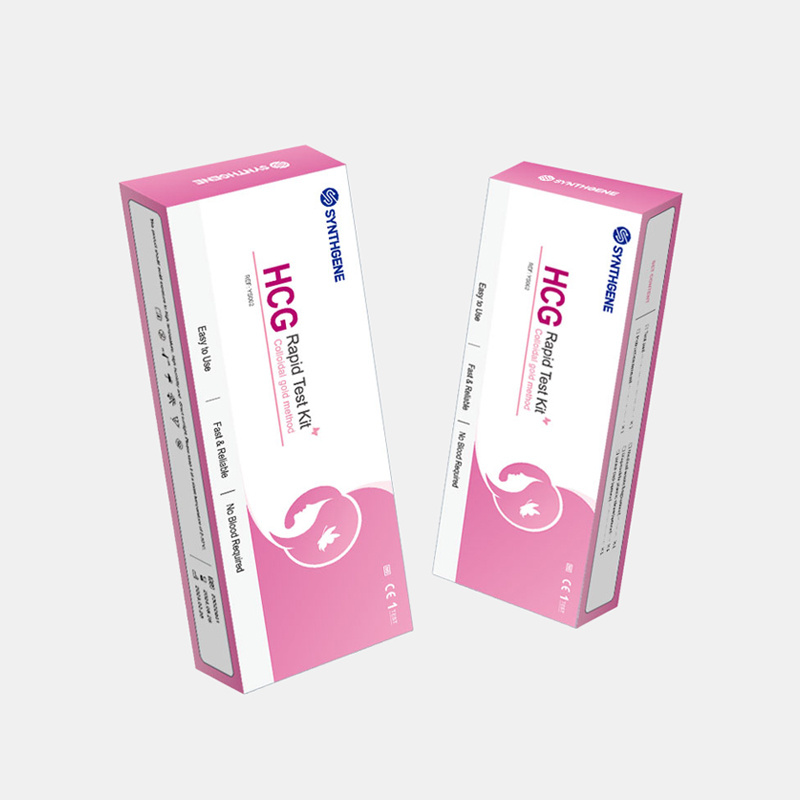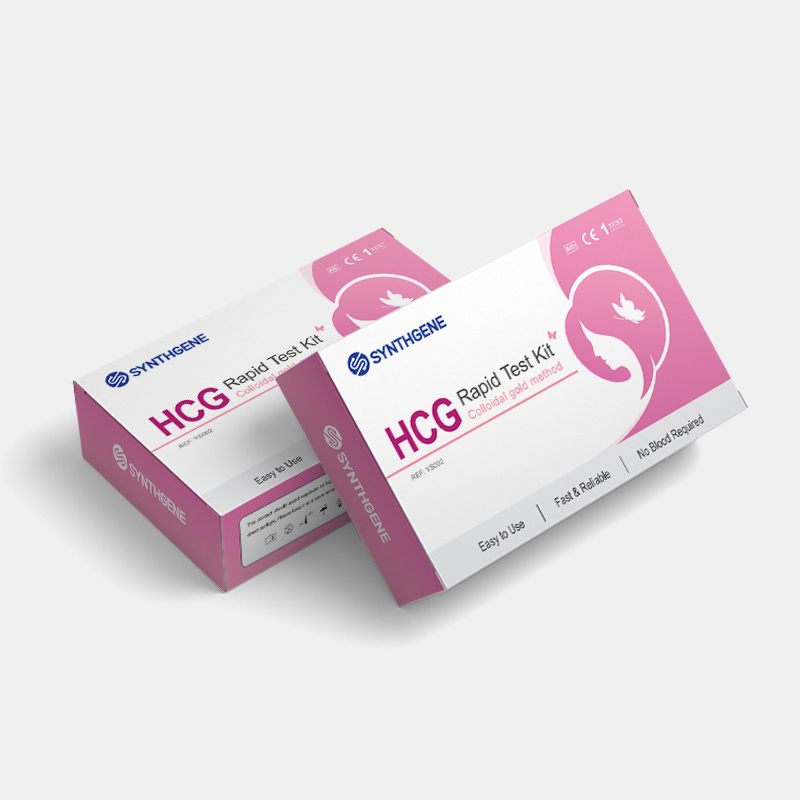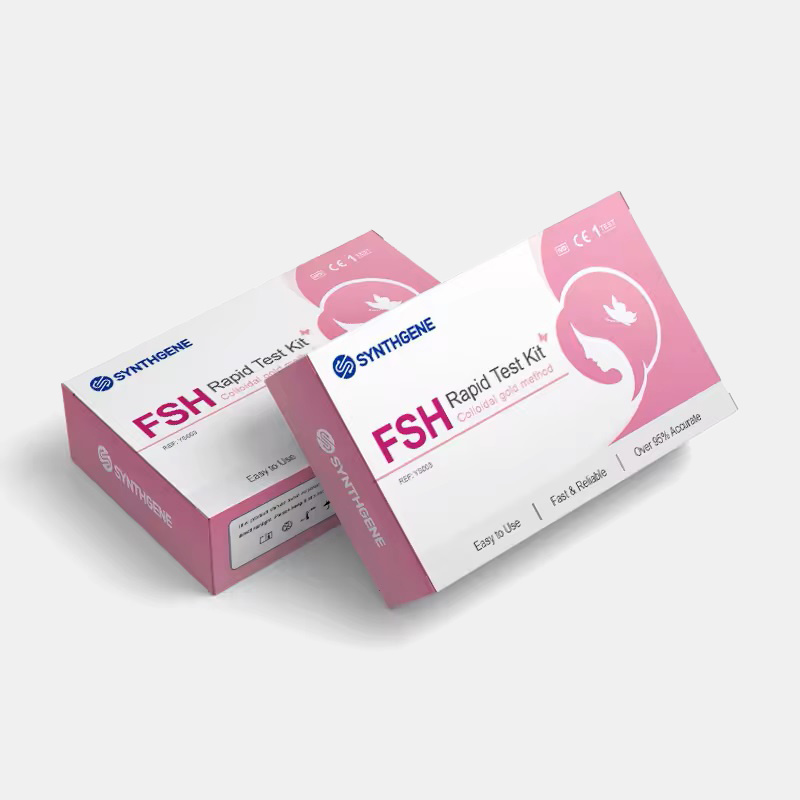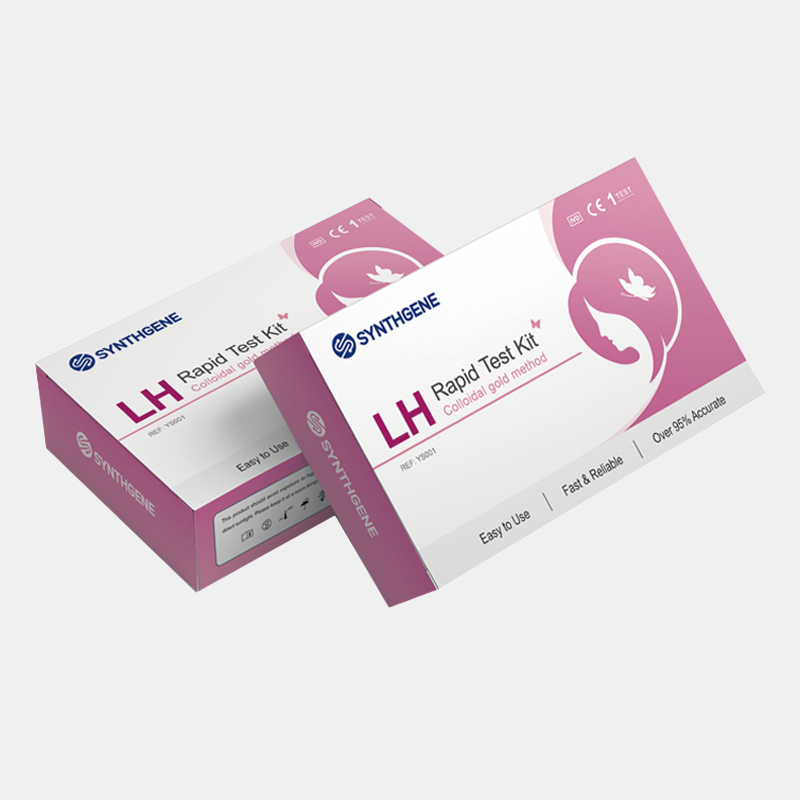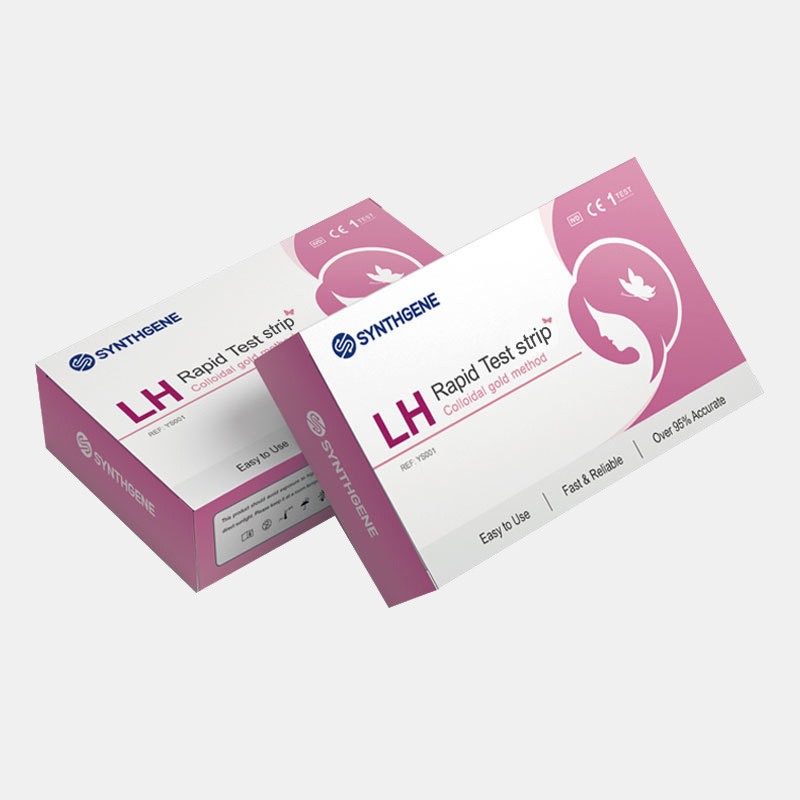Pregnancy & Fertility

How long does it usually take to get pregnant?
It's impossible to say how long it takes to get pregnant because it's different for each couple.
Many factors can affect a couple's chances of conceiving, such as:
- Your age
- Your general health
- Your reproductive health
- How often you have sex
Some couple become pregnant quickly, while others take longer. This may be upsetting, but it's normal.
If you are preparing for pregnancy, you can do the following tests based on your own conditions to make the baby come more smoothly.
Test items
For Woman
For Man
Pregnancy Tests
Pregnancy tests look for a special hormone —human chorionic gonadotropin (HCG) — that only develops in a person’s body during pregnancy. These tests can use either your pee or blood to look for HCG. At-home pregnancy tests that use your pee are the most common type. When used correctly, home pregnancy tests are 99% accurate.
FSH&LH
These two hormone "sisters"
FSH (follicle-stimulating hormone) and LH (luteinizing hormone) are glycoprotein hormones secreted by the pituitary gland under the action of the hypothalamus.
FSH acts on granulosa cells to produce estrogen. It stimulates the growth and maturation of eggs during the follicular phase.
LH acts on theca cells to produce androgens. Its main function is to promote ovulation and, with the synergistic effect of FSH, promote the formation of the corpus luteum and the secretion of progesterone.
Simply put, FSH is mainly responsible for the first half of the cycle, secreting estrogen and promoting follicle growth, development and maturation.
LH tends to exert force in the second half of the cycle, promoting the final maturation of follicles, helping the egg to break through, break free from the constraints in the ovary, and induce ovulation.
Therefore, measuring the levels of FSH and LH plays an important role in judging ovarian function, follicle development and ovulation.
SP10
There is a substance in semen called sp10 protein, which is an indispensable proteolytic enzyme during fertilization.
The SP-10 Male Fertility Rapid Test is for in vitro qualitative detection of Acrosomal Protein SP-10 found on sperms to estimate of sperm concentration in human semen above or below 15 million/mL as an aid in male infertility diagnosis.
The SP-10 Male Fertility Rapid Test Cassette is a rapid chromatographic immunoassay for in vitro qualitative detection of Acrosomal Protein SP-10 found on sperms to estimate of sperm concentration in human semen above or below 15 million/mL. Sperm concentration can be used for assistant diagnosis and curative effect observation of male infertility, and provide guidance for reproductive planning of the eligible couples.
How to judge whether you are pregnant or not using HCG test reagents


